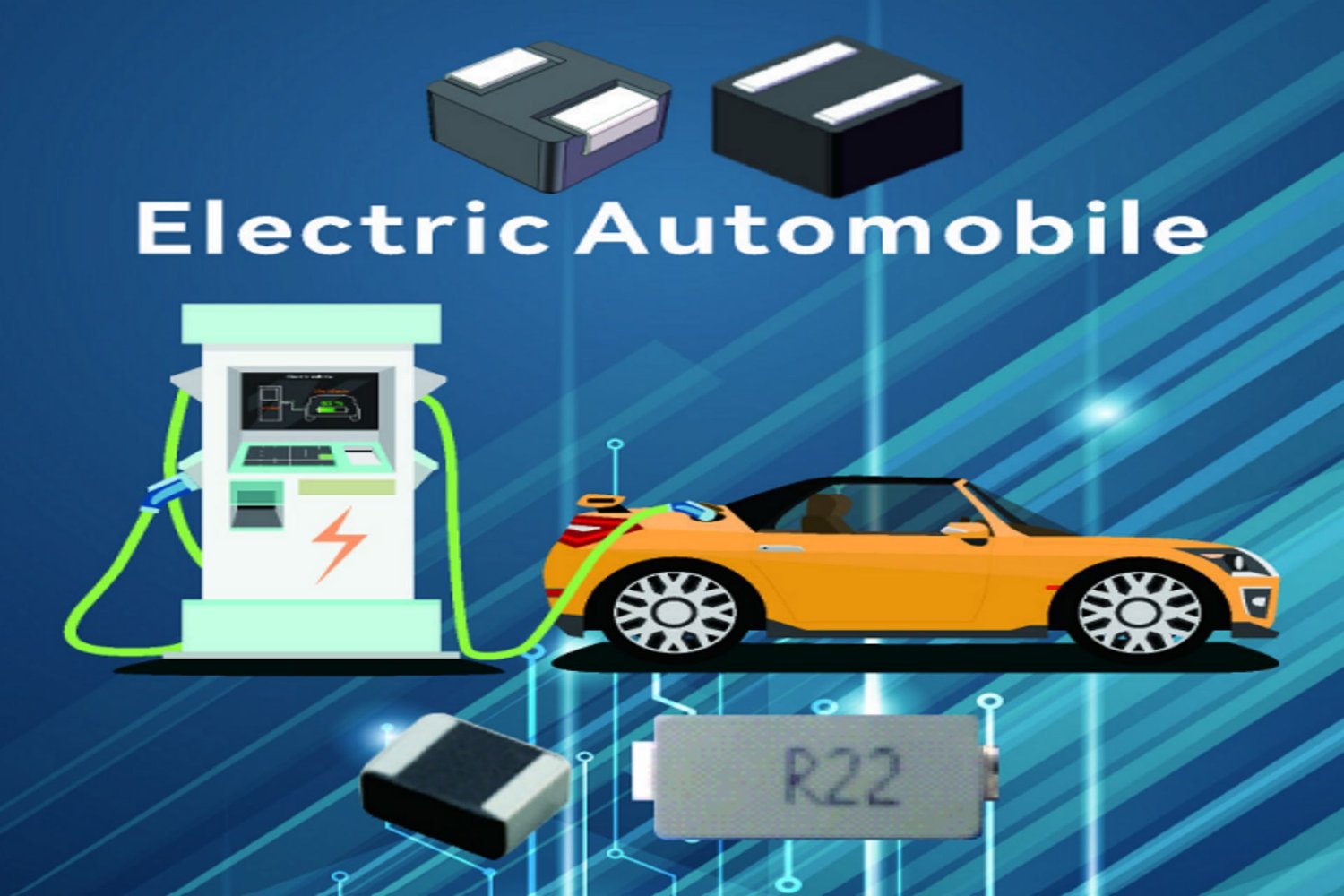Table of Contents

1. The Evolution of Automobile Applications
Over the years, automobiles have become much more than just a means of transportation. With advancements in technology, various applications have emerged to enhance the efficiency and safety of automobiles. These applications have revolutionized the automotive industry, providing both practical and innovative solutions for drivers and passengers alike.
2. Navigation and GPS Systems
One of the most common applications for automobiles is the integration of navigation and GPS systems. These systems utilize satellite technology to provide real-time information on routes, traffic conditions, and points of interest. With voice-guided directions and visual maps, drivers can easily navigate unfamiliar areas, saving time and reducing the chances of getting lost. Navigation and GPS systems have become essential tools for modern drivers, ensuring a smoother and more efficient driving experience.
3. Advanced Driver Assistance Systems (ADAS)
With the aim of improving safety on the roads, advanced driver assistance systems (ADAS) have gained popularity in recent years. These applications utilize various sensors, cameras, and algorithms to assist drivers in avoiding accidents and potential hazards. ADAS features include lane departure warning, collision detection, adaptive cruise control, and automatic emergency braking. By alerting drivers to potential dangers and even intervening when necessary, ADAS applications significantly enhance the safety of automobiles.
4. Vehicle-to-Vehicle (V2V) Communication
Vehicle-to-vehicle (V2V) communication is an emerging application that holds great potential for improving road safety. This technology enables automobiles to exchange information with each other, such as speed, position, and direction. By doing so, vehicles can anticipate potential collisions and take preventive measures. V2V communication can also enhance traffic flow and reduce congestion by allowing vehicles to share information about road conditions and traffic patterns. As this technology continues to advance, it has the potential to revolutionize the way we drive and interact on the road.
5. Connected Car Technology
Another notable application for automobiles is connected car technology, which brings the power of the internet to vehicles. This technology allows cars to connect to the internet and other devices, enabling a wide range of features and services. Connected car applications include remote vehicle control, real-time diagnostics, vehicle tracking, and integration with smart devices. By connecting cars to the digital world, connected car technology enhances convenience, efficiency, and entertainment for drivers and passengers.
6. Electric Vehicle (EV) Applications
With the growing popularity of electric vehicles (EVs), numerous applications have emerged specifically for this type of automobile. EV applications include range estimation, charging station locators, and energy management systems. These applications aim to address the unique challenges and requirements of electric vehicles, providing EV owners with the necessary tools to optimize their driving experience. As the adoption of EVs continues to increase, the demand for related applications is expected to grow as well.
7. Vehicle Maintenance and Diagnostics
Automobile applications also play a vital role in vehicle maintenance and diagnostics. These applications allow drivers to monitor various aspects of their vehicle's performance, such as fuel efficiency, tire pressure, and engine health. By providing real-time data and alerts, these applications enable drivers to take proactive measures to maintain their vehicles in optimal condition. Additionally, some applications offer remote diagnostics, allowing technicians to identify and address issues without the need for physical inspection.
8. Entertainment and Connectivity
Entertainment and connectivity applications have become increasingly important for automobile manufacturers. These applications include in-car infotainment systems, streaming services, voice assistants, and smartphone integration. By providing a seamless and engaging entertainment experience, these applications enhance the overall driving experience and keep passengers entertained during long journeys. Additionally, connectivity applications enable drivers to stay connected with their digital lives, making calls, sending messages, and accessing various online services without compromising safety.
9. Vehicle Security and Anti-Theft Applications
Vehicle security and anti-theft applications are crucial for protecting automobiles and their occupants. These applications include GPS tracking systems, remote locking and unlocking, and alarm systems. By utilizing advanced technology, these applications deter theft and provide peace of mind to vehicle owners. In the unfortunate event of a theft, these applications aid in the recovery of stolen vehicles by providing real-time location information to authorities.
10. Autonomous Driving and Future Applications
The future of automobile applications lies in autonomous driving technology. While fully autonomous vehicles are not yet widely available, various applications are being developed to assist drivers and pave the way for a future of self-driving cars. These applications include lane-keeping assist, traffic jam assist, and automated parking systems. As autonomous driving technology continues to advance, we can expect a whole new range of applications that will transform the way we commute and travel.
